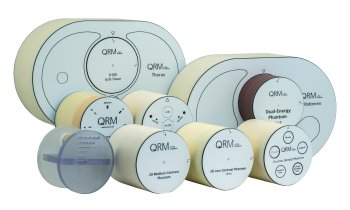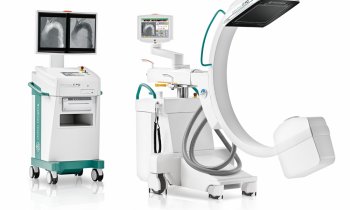Use that toothbrush!
AHA says good oral care prevents dental-related heart problems better than antibiotics
Since the 1950s, the American Heart Association (AHA) has urged a large number of people to take antibiotics before dental work or other procedures that could flood the bloodstream with bacteria. This antibiotic intake was thought to prevent infective endocarditis.
However, since examining the latest evidence, the AHA is emphasising routine oral care and only recommends pre-procedure antibiotics for certain people, according to a report in the Harvard Heart Letter (October).
Infective endocarditis occurs when bacteria invade the innermost layer of the heart’s chambers. Though not common, it is hard to treat – and can make heart tissue prone to other infections, damage heart valves and lead to heart failure, stroke, or heart rhythm problems. The organisms that kick off endocarditis live in your mouth, among other body areas. Having invasive dental work causes a temporary rise in the number of bacteria in the bloodstream. The Harvard Heart Letter points out that no large trials have tested whether taking antibiotics before dental work actually prevents endocarditis, but that, if antibiotics do help, the effect is so small that the risk of side effects from the medication outweighs the benefits for most people.
The AHA now recommends antibiotics before dental procedures only for those with an artificial valve; those who have previously had endocarditis, or those who have had a heart transplant and developed a valve problem. Those with congenital heart problems may also need antibiotics depending on whether and how those defects were repaired.
Details: http://www.health.harvard.edu
Infective endocarditis occurs when bacteria invade the innermost layer of the heart’s chambers. Though not common, it is hard to treat – and can make heart tissue prone to other infections, damage heart valves and lead to heart failure, stroke, or heart rhythm problems. The organisms that kick off endocarditis live in your mouth, among other body areas. Having invasive dental work causes a temporary rise in the number of bacteria in the bloodstream. The Harvard Heart Letter points out that no large trials have tested whether taking antibiotics before dental work actually prevents endocarditis, but that, if antibiotics do help, the effect is so small that the risk of side effects from the medication outweighs the benefits for most people.
The AHA now recommends antibiotics before dental procedures only for those with an artificial valve; those who have previously had endocarditis, or those who have had a heart transplant and developed a valve problem. Those with congenital heart problems may also need antibiotics depending on whether and how those defects were repaired.
Details: http://www.health.harvard.edu
30.10.2007
More on the subject:









